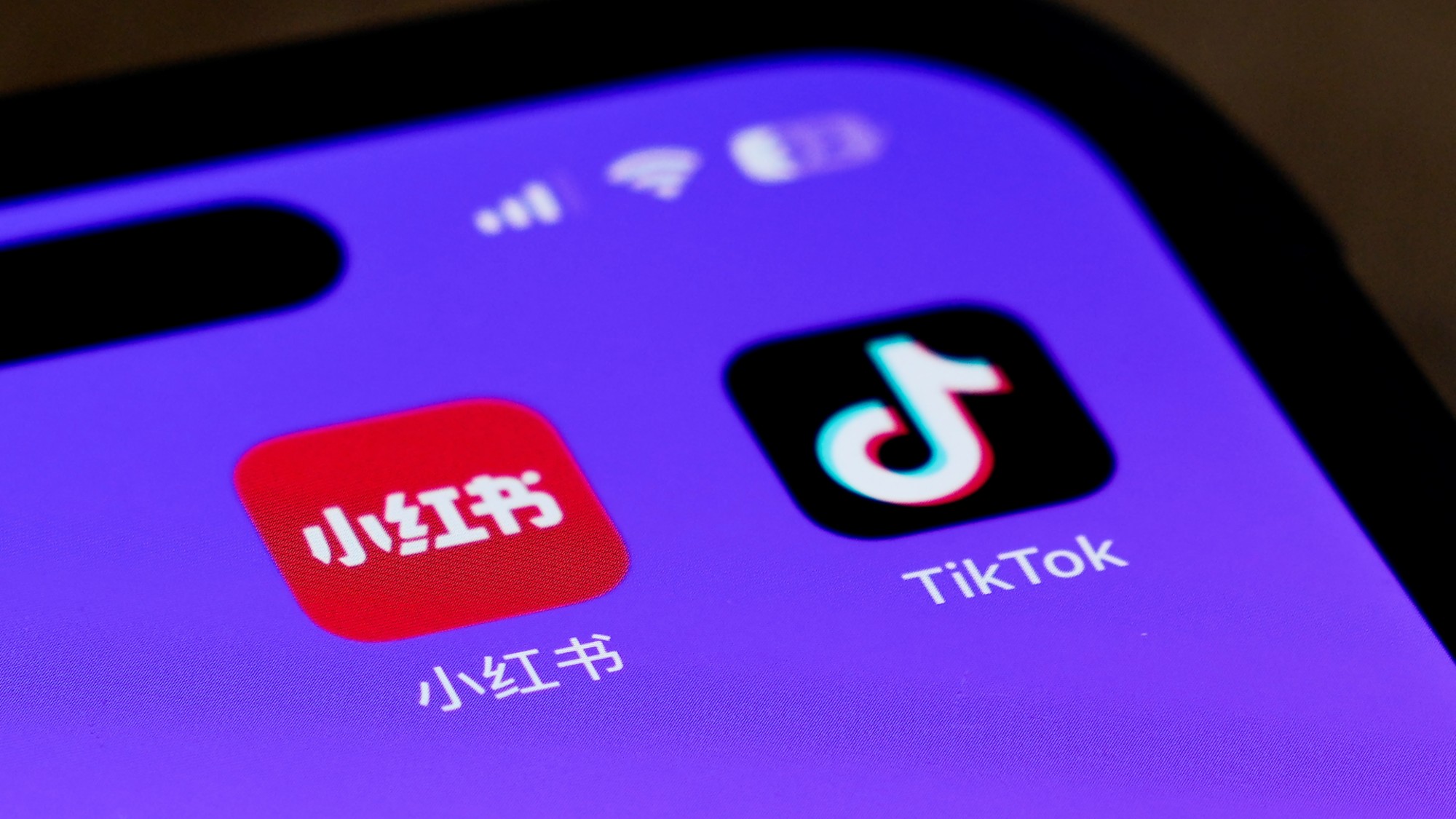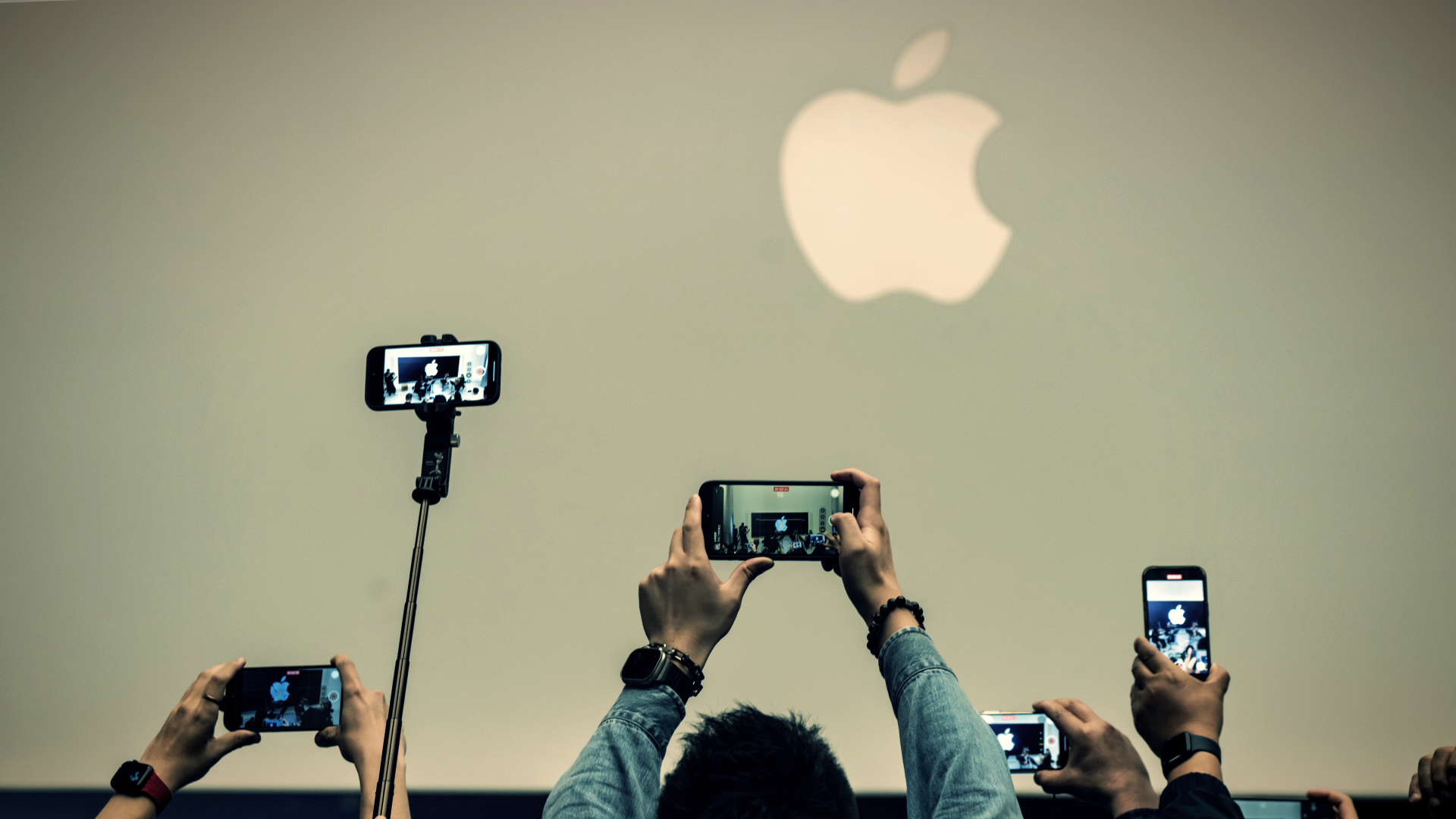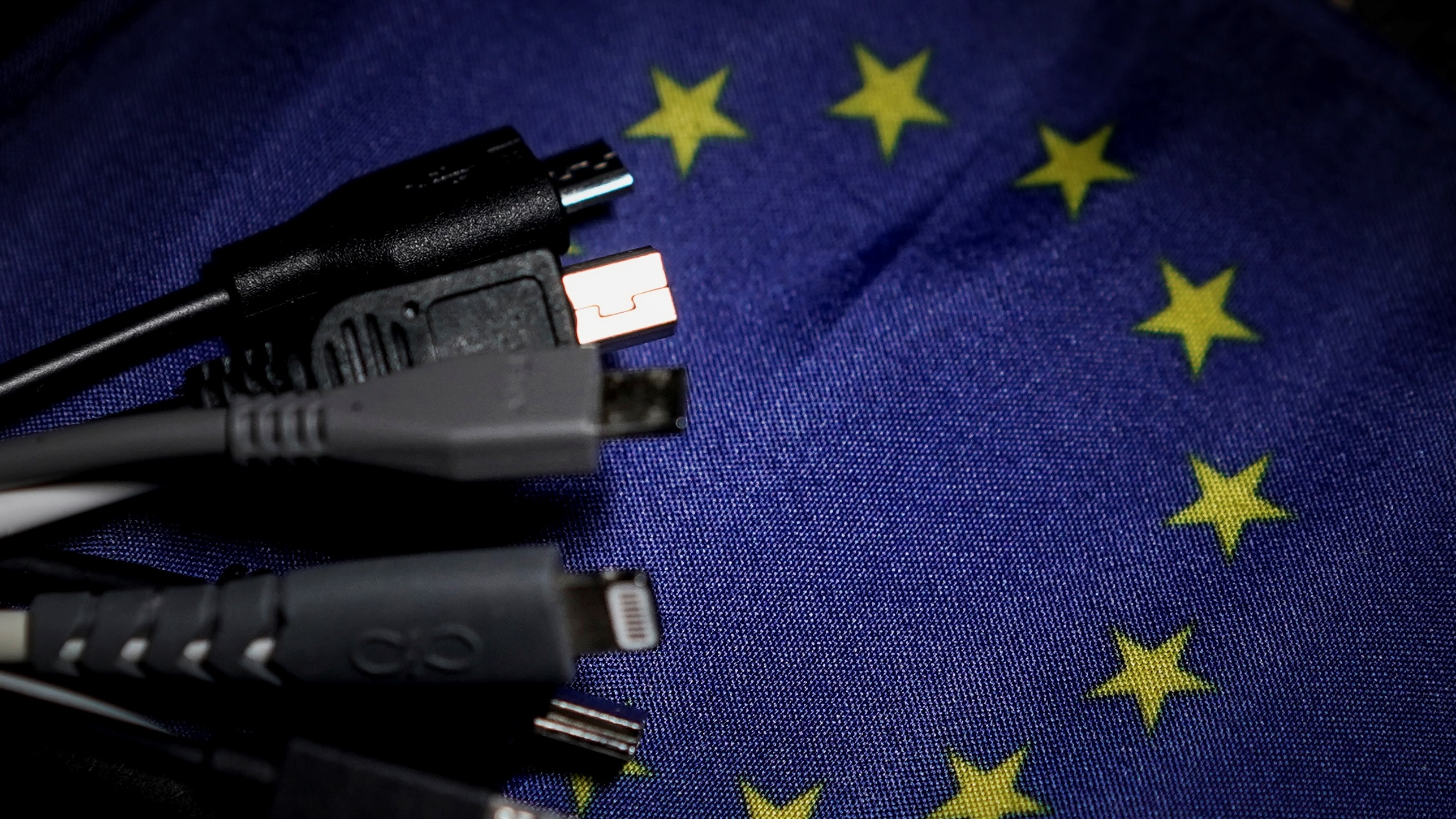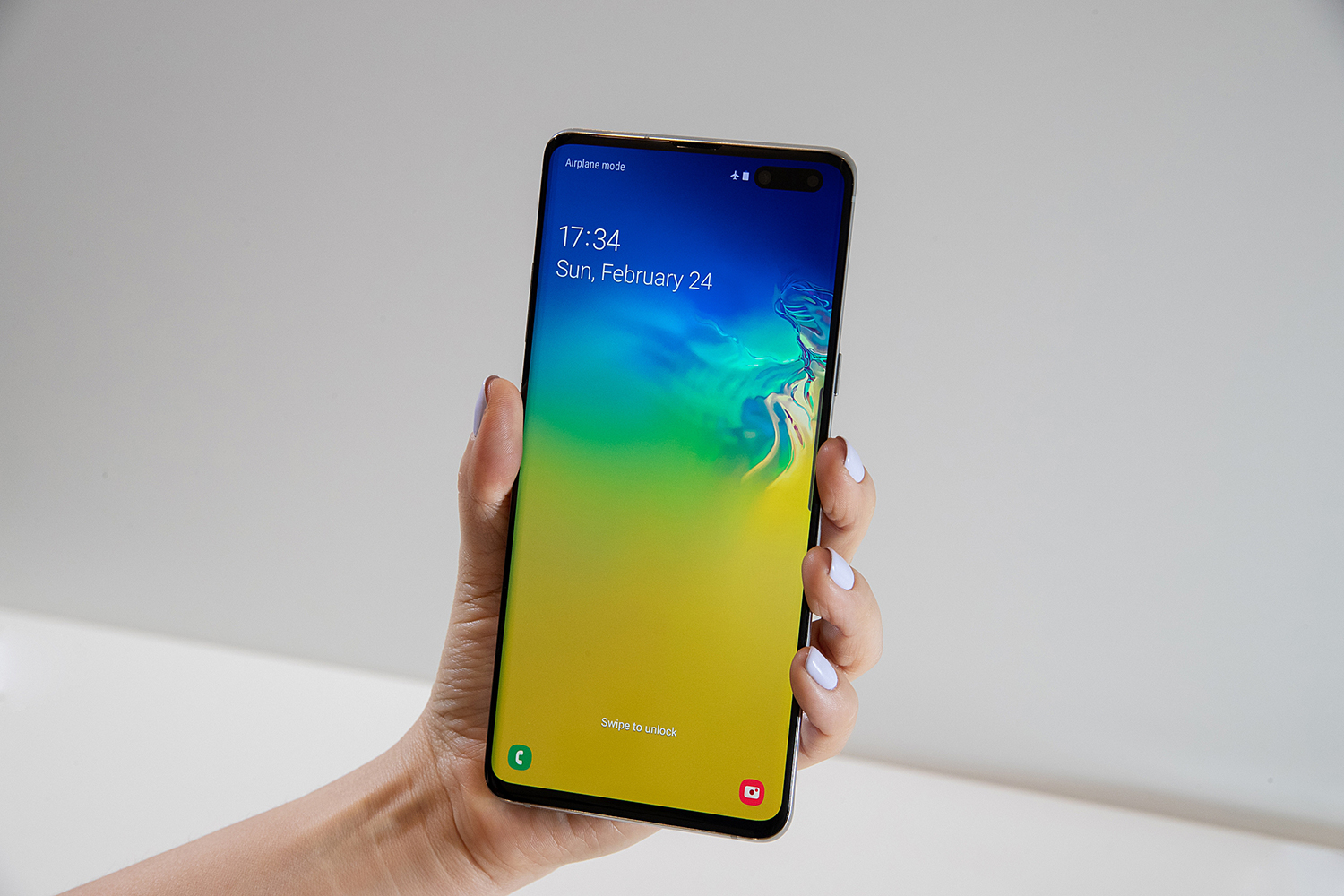Mobile news: readers on the rise but where's the revenue?
It's a story of missing clicks as social networking changes how we access news on the run

A free daily email with the biggest news stories of the day – and the best features from TheWeek.com
You are now subscribed
Your newsletter sign-up was successful
All too often news outlets have pinned their hopes on a single, magical solution to the financial challenges posed by the internet. Paywalls, iPad apps, native advertising, micropayments, charging Google, suing Google – in the past few years, all have been hailed as the future of digital news.
Not long ago, the smartphone was anointed as the next financial saviour. Since people paid to have games and music on their handset, the argument went, they would gladly hand over cash for mobile news too.
But phones have yielded no more than a trickle of cash for news publishers. Paid mobile apps and websites are almost always included free with tablet apps or other subscription packages, and no one would dare to charge for mobile access to a website that was free on desktop browsers.
The Week
Escape your echo chamber. Get the facts behind the news, plus analysis from multiple perspectives.

Sign up for The Week's Free Newsletters
From our morning news briefing to a weekly Good News Newsletter, get the best of The Week delivered directly to your inbox.
From our morning news briefing to a weekly Good News Newsletter, get the best of The Week delivered directly to your inbox.
In fact, the mobile web may be more of a threat than an opportunity, at least to advertising-supported sites. On smartphone screens, banner ads are either so big that readers won't put up with them or so small that advertisers won't buy them.
To add to publishers' woes, most mobile web traffic consists of a single page view. Readers drop in from Facebook or Twitter, see what they've come to see, and head straight back to their social network of choice. News sites are deprived of the second, third and fourth clicks that help drive up their pageview figures and advertising revenues.
Since so few mobile readers wrestle with navigation or links to related stories, many mobile news sites have now stripped away those elements in favour of a cleaner, simpler mobile page. The BBC, The Guardian and the New York Times are all good examples. Essentially, these publishers have accepted that one click per visit is all they can expect from their mobile readers.
That, combined with the reduced advertising yield per page and the movement of readers from desktop to mobile, means that publishers face losing another slice of their digital income – which was meagre enough to begin with. To maintain present revenues, their mobile websites will need a lot more readers.
A free daily email with the biggest news stories of the day – and the best features from TheWeek.com
The good news is that they might get them. Digital media analyst Frederic Filloux reported this week that the time people devote to reading news on their phones is growing at a prodigious rate: it's up 64 per cent year on year, compared with a rise of 28 per cent for social networking and nine per cent for gaming.
Filloux acknowledges that news still constitutes a tiny proportion of mobile web activity (as little as two per cent, according to eMarketer), but he predicts that "it will grow stronger as publishers deploy their best efforts to adjust contents and features to small screens and on-the-go usage".
In order to accomplish that, he says, mobile news will have to migrate from the open web into apps, which can make more effective use of smartphone features and processing power.
That may prove an attractive proposition to publishers, especially those with the resources to build and maintain a suite of apps. Newspaper companies in particular tend to like apps, which have more in common with the steady, semi-captive audience of print than the fragmented, itinerant readership found on the web.
What's less clear is whether news apps will prove attractive to readers, who increasingly find news through social media. By their nature, most apps are cut off from the rest of the web, making it difficult or impossible to share links to individual stories. Given the growing importance of social recommendation, cutting off that source of traffic would be foolish.
It sometimes seems that news apps are less popular in their own right than tolerated as the least worst option, and that their success depends on mobile websites actively pushing readers away. That theory is borne out by the experience of The Guardian, which lost almost a third of its iPhone app users when it introduced an attractive, responsive mobile site.
The Guardian would point out that its mobile traffic has since reached a record figure of 22.8 million monthly unique users. It’s an impressive number, but whether it’s big enough to compensate for lost revenue from the desktop site – let alone from print – remains to be seen.
Holden Frith tweets at twitter.com/holdenfrith
Holden Frith is The Week’s digital director. He also makes regular appearances on “The Week Unwrapped”, speaking about subjects as diverse as vaccine development and bionic bomb-sniffing locusts. He joined The Week in 2013, spending five years editing the magazine’s website. Before that, he was deputy digital editor at The Sunday Times. He has also been TheTimes.co.uk’s technology editor and the launch editor of Wired magazine’s UK website. Holden has worked in journalism for nearly two decades, having started his professional career while completing an English literature degree at Cambridge University. He followed that with a master’s degree in journalism from Northwestern University in Chicago. A keen photographer, he also writes travel features whenever he gets the chance.
-
 Tourangelle-style pork with prunes recipe
Tourangelle-style pork with prunes recipeThe Week Recommends This traditional, rustic dish is a French classic
-
 The Epstein files: glimpses of a deeply disturbing world
The Epstein files: glimpses of a deeply disturbing worldIn the Spotlight Trove of released documents paint a picture of depravity and privilege in which men hold the cards, and women are powerless or peripheral
-
 Jeff Bezos: cutting the legs off The Washington Post
Jeff Bezos: cutting the legs off The Washington PostIn the Spotlight A stalwart of American journalism is a shadow of itself after swingeing cuts by its billionaire owner
-
 Will AI kill the smartphone?
Will AI kill the smartphone?In The Spotlight OpenAI and Meta want to unseat the ‘Lennon and McCartney’ of the gadget era
-
 TikTok alternatives surge in popularity as app ban looms
TikTok alternatives surge in popularity as app ban loomsThe Explainer TikTok might be prohibited from app stores in the United States
-
 Justice Department bites Apple with iPhone suit
Justice Department bites Apple with iPhone suitSpeed Read The lawsuit alleges that the tech company monopolized the smartphone industry
-
 Phubbing: a marriage-wrecking habit?
Phubbing: a marriage-wrecking habit?Talking Point New study says couples are avoiding talking to each other by looking at their phones - but was it ever thus?
-
 The arguments for and against universal chargers
The arguments for and against universal chargersPros and Cons European Commission pushing to establish USB-C as standard for all phones
-
 Do smartphones make headaches worse?
Do smartphones make headaches worse?Speed Read New study finds that users who get regular migraines take more painkillers but experience less relief
-
 Samsung Galaxy S11 news: design, five-lens camera and more
Samsung Galaxy S11 news: design, five-lens camera and moreIn Depth The iPhone 11 rival is being touted as the Korean firm’s ‘nuclear weapon’ for 2020
-
 Mobile phone driving laws: loophole allowing filming to be closed
Mobile phone driving laws: loophole allowing filming to be closedIn Depth New rules will ban drivers from ‘picking up their mobiles for any reason’